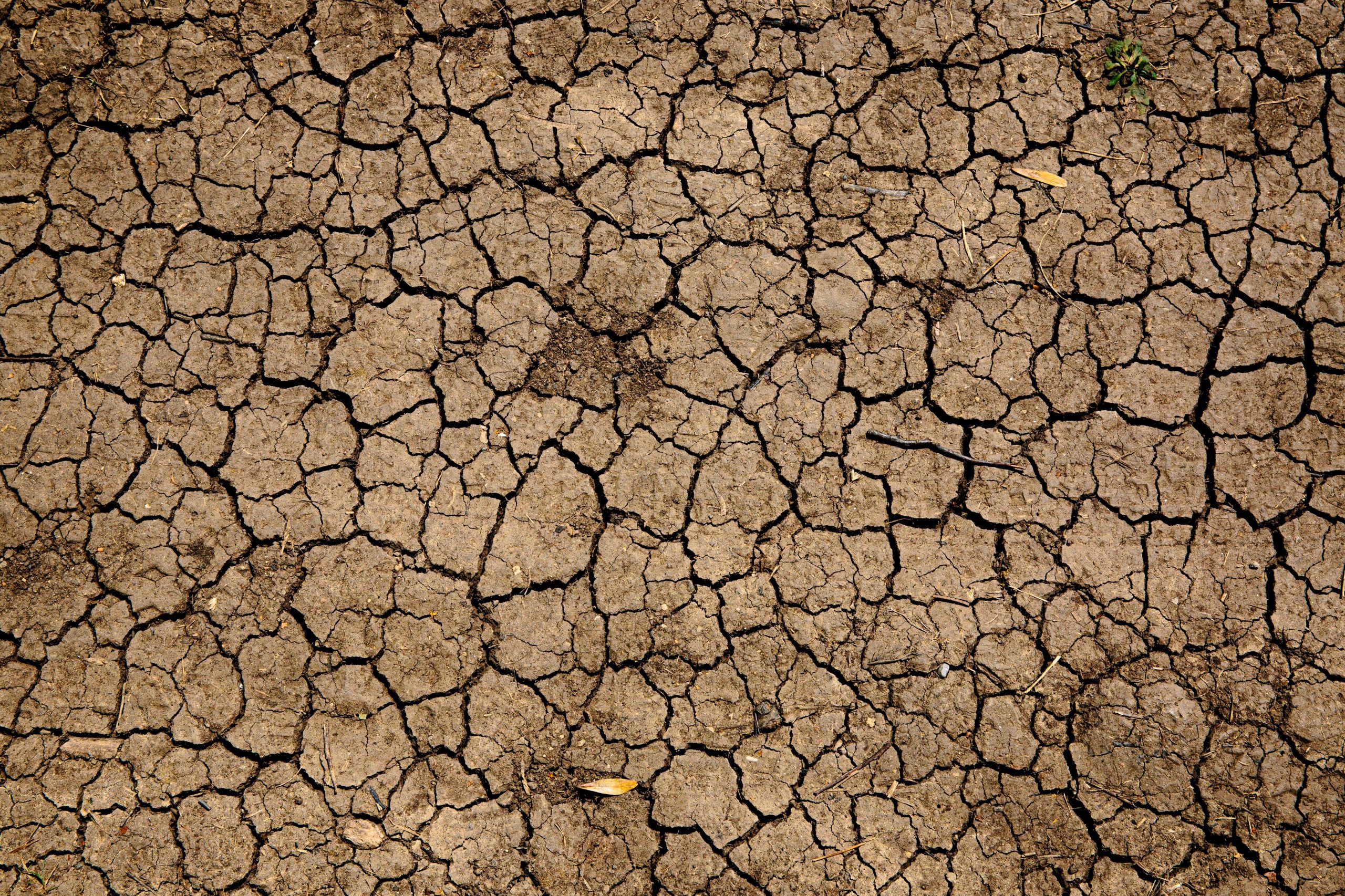August 2023 was the warmest August on record and 2023 is set to be the warmest year in recent human history.
1.5 C has been an all too important number for climate researchers. That figure, which calculates the rate of average warming change since pre-industrial times, has been the preferred maximum limit set by the landmark Paris agreement.
The prospects of the world staying within the 1.5C limit on global heating is under debate. While some remain optimistic, others speculate that we would reach the dreaded figure this decade.
Yet, a staggering amount of green investment and renewable energy proliferation has been underway in the past two years.
In its August 2023 monthly update, Berkeley Earth — a non-profit climate-monitoring organisation — has put the chance of 2023 being on average 1.5 °C warmer at 55%. This is up from a chance of less than 1% predicted by the team before the start of the year, and the 20% chance estimated using July’s figures.
“So this year has played out in a very unusual fashion,” says Robert Rohde to nature. “I will admit to being surprised. I was surprised at how warm August came.”
The unusually hot summer this year has been attributed not just to human activity but also changes in the strengthening of the ocean-warming event called El Niño and to the unusually low dust coming off the Sahara in the early part of the season that allowed the Atlantic Ocean to heat to higher-than-usual temperatures.
Optimism remains
“Despite the scale of the challenges, I feel more optimistic than I felt two years ago,” Fatih Birol, executive director of the International Energy Agency, told The Guardian.
“Solar photovoltaic installations and electric vehicle sales are perfectly in line with what we said they should be, to be on track to reach net zero by 2050, and thus stay within 1.5C. Clean energy investments in the last two years have seen a staggering 40% increase.”
Birol noted that greenhouse gas emissions from the energy sector were “still stubbornly high”, and that the extreme weather seen around the world this year had shown the climate was already changing “at frightening speed”.
The IEA, in a report entitled Net Zero Roadmap published on Tuesday morning, called on developed countries with 2050 net zero targets, to bring them forward by several years.
But it commended efforts being taken in the past two years to move to a greener economy.
Cop28, the UN climate summit to be held in Dubai this November and December will offer a key opportunity for countries to set out tougher emissions-cutting plans.
“The most important challenge [to limiting temperature rises to 1.5C above pre-industrial levels] is the lack of international cooperation. Cop28 is a critical juncture, and should send a strong signal to energy markets that governments are taking the climate seriously. They should move to reduce the consumption of unabated fossil fuels.”







